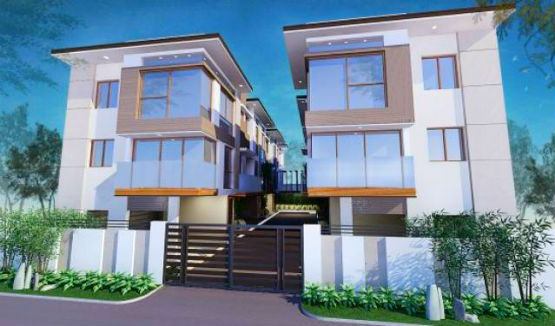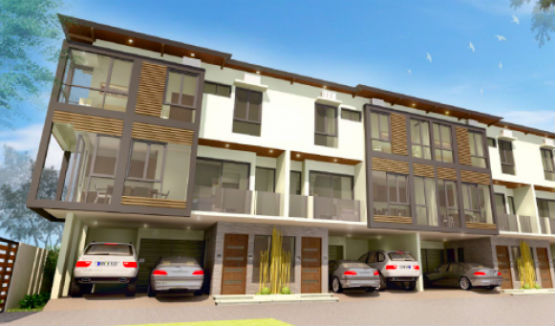After you have decided to invest in a townhouse, thoroughly inspected the unit, and moved in, what’s next?
Aside from knowing how to be a good neighbor, it’s important to be aware of your rights and responsibilities as a townhouse owner, as well as of what you should expect from the homeowners association you belong to.
In 2009, the Senate approved Republic Act 9904, also known as the Magna Carta for Homeowners and Homeowners Associations. Sponsored by former Senator Juan Miguel Zubiri, the Bill aims to help resolve disputes involving home ownership and services provided by homeowners associations to its members.
Here are key points of R.A. 9904 that you need to know:
Every townhouse owner has the right to:
- Enjoy all basic community services and facilities, provided that he/she pays the required fees and other relevant charges.
- Avail of and enjoy all common areas and its facilities.
- Inspect association books and records during office hours and to be provided upon request with annual reports, including financial statements.
- Participate, vote, and be eligible for any elective or appointive position in the association subject to meeting the qualifications set.
- Demand and promptly receive deposits required by the association as soon as the condition for the deposit has been complied with or the period has expired.
- Participate in association meetings, elections, and other events for as long as membership status is current.
- Enjoy all other rights stated in the association bylaws.
Should the unit be rented out, the lessee shall have the same rights as an owner, provided there’s a written consent or authorization from the owner of the townhouse.

It is every townhouse owner’s responsibility to:
- Pay membership fees, dues, and special assessments.
- Attend meetings of the association.
- Support and participate in projects and activities of the association.
Moreover, make sure that you pay the annual Real Property Tax and Special Education Fund Tax for the property and get it insured.
A townhouse owners association shall have the following rights and shall exercise the following powers:
- Adopt and amend the articles of incorporation and bylaws, rules, and regulations.
- Defend or intervene in litigation and/or administrative proceedings affecting the welfare of the association and the subdivision/village as a whole.
- Regulate the use, maintenance, repair, replacement, and modification of common areas, for as long as these adhere to the approved subdivision plan.

- Regulate access to, or passage through, the subdivision/village roads to maintain privacy, security, safety, and traffic volume.
- Hire, discharge, or contract service providers who will oversee the day-to-day operations of the association.
- Ensure the availability of quality water services at a reasonable price or manage the waterworks system of the subdivision.
- Grant leases, concessions, and authority to use common areas. The association can also petition for or consent to the vacation of streets and alleys. However, this is not applicable to access roads, main interconnecting roads, alleys, and sidewalks within the subdivision.
- Impose or collect reasonable fees for the use of open spaces, facilities, and services of the association to pay for operational expenses, subject to the limitations and conditions imposed by the law.
- Require members to comply with height regulations and use of structures built within the subdivision, in accordance with the National Building Code, zoning laws, HLURB rules and regulations, existing local ordinances, and existing deeds of restriction.
- Allow the operation of certain institutions such as, but not limited to, schools, hospitals, markets, groceries, and other establishments that will affect the character of the subdivision/village in terms of traffic generation, and/or opening the area to outsiders which may result in the loss of privacy, security, and safety of members and other residents.
- Suspend privileges and/or impose sanctions on members who have violated or have not complied with the association’s bylaws, and rules and regulations.
All of these powers shall be subject to consultation meetings and should be approved by the majority of association members.
Looking for a townhouse to move into? Check out communities here and here.
Like What you've read?
-
Ramyl Vergara
-
zipmatch
-











